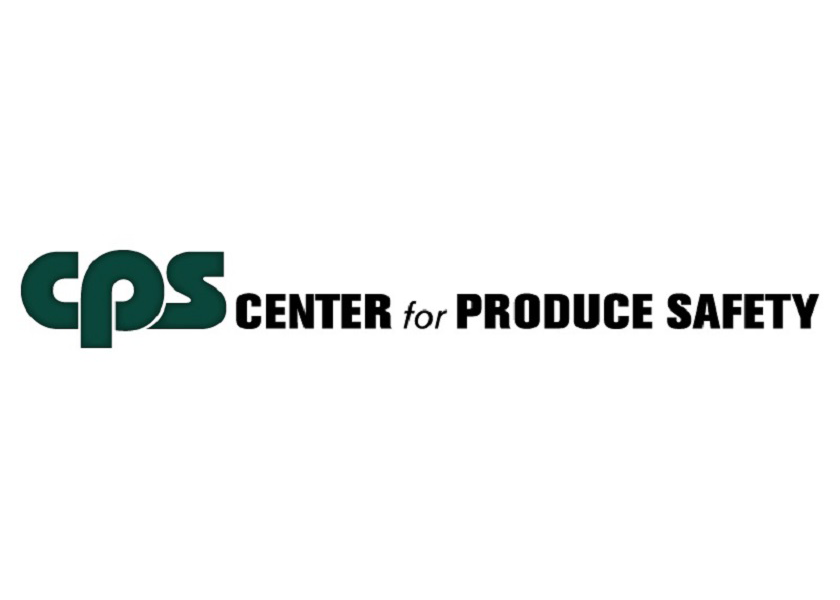Researchers test sanitizers for picking bags and bins

Research funded by the Center for Produce Safety is seeking to validate sanitation methods for both harvest and picking bags.
Valentina Trinetta, Ph.D., with Kansas State University, is leading the multistate project that expands upon previous CPS-funded research, according to a news release.
The current project examines the efficacy of five commercial sanitizers and will include sessile and biofilm organisms. Biofilms are protected microbial communities highly resistant to sanitizers, the release said. Sessile organisms, on the other hand, are just beginning their growth phase and haven’t yet formed biofilms.
“We decided to add sessile and biofilm organisms because there are differences around the country and different ways that people clean,” Trinetta said in the release. “For the facility that cleans regularly, they’ll refer to the data we have on sessile. If the facility doesn’t have the time to clean regularly but does so at the end of the season, we give them biofilm data.”
The project, titled “Validation study for the tree-fruit industry: effective strategies to sanitize harvest bins and picking bags,” focuses on apples, the release said. But Trinetta said the results could help growers and packers of other similar commodities.
“I think any industry that uses plastic bins, wood bins or nylon bags can benefit from what we’re going to report,” she said in the release.
The next time a grower or packer needs to purchase bins, they could refer to the research results to guide them. The project also may help growers and packers who currently have bins or bags reduce risks by providing them science-based information on sanitizer efficacy, Trinetta said in the release.
Key takeaways of the research are:
- Research tested five sanitizers in the lab on pathogen-inoculated wood and plastic bin surfaces and nylon picking bags.
- Trials using the top-performing sanitizers will be conducted at small-, medium- and large-scale apple packinghouses this summer.
- Results should be applicable to any commodity that uses wood and plastic harvest bins or nylon picking bags.
Drawing on co-principal investigators’ expertise and industry contacts in Washington state and the Midwest, the research will include experiments at small-, medium- and large-scale packing facilities, the release said.
The co-principal investigators are Umut Yucel, Ph.D., K-State; Faith Critzer, Ph.D., University of Georgia and formerly with Washington State University; Manreet Bhullar, Ph.D, K-State; and Londa Nwadike, Ph.D, University of Missouri.
The research involves both laboratory experiments and field trials, the release said. During the lab phase, Trinetta cut coupons, or discs, from used plastic and wood harvest bins and nylon picking bags. She inoculated them with known amounts of Salmonella, Listeria monocytogenes or Shiga toxin-producing E. coli. The organisms were either part of biofilms or in the sessile stage, according to the release.
The coupons were then exposed to one of five commercial sanitizers — chlorine, chlorine dioxide gas, peracid (peracetic acid), steam or silver dihydrogen citrate — and incubated for two, 24 or 96 hours.
After each treatment, Trinetta measured the number of organisms recovered. Although she is still reviewing data, she said in the release some trends already are apparent.
“I don’t have the final statistics, but I can tell you that wood is very difficult to clean, and plastic is the surface that is the easiest to clean,” Trinetta said in the release. “Chlorine dioxide gas has been giving us good results.”
Based on the lab results, she will whittle the sanitizers down in number for the next step of testing, the release said. Future trials will be held at two packinghouses in Washington state and two in the Midwest in early summer, the release said.
For more information on the research, see this link at the Center for Produce Safety website.







